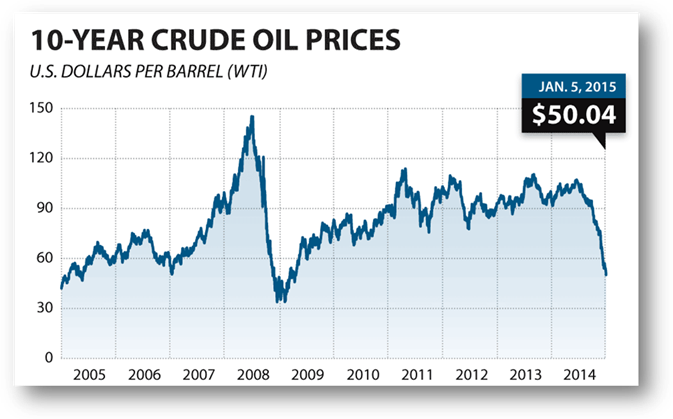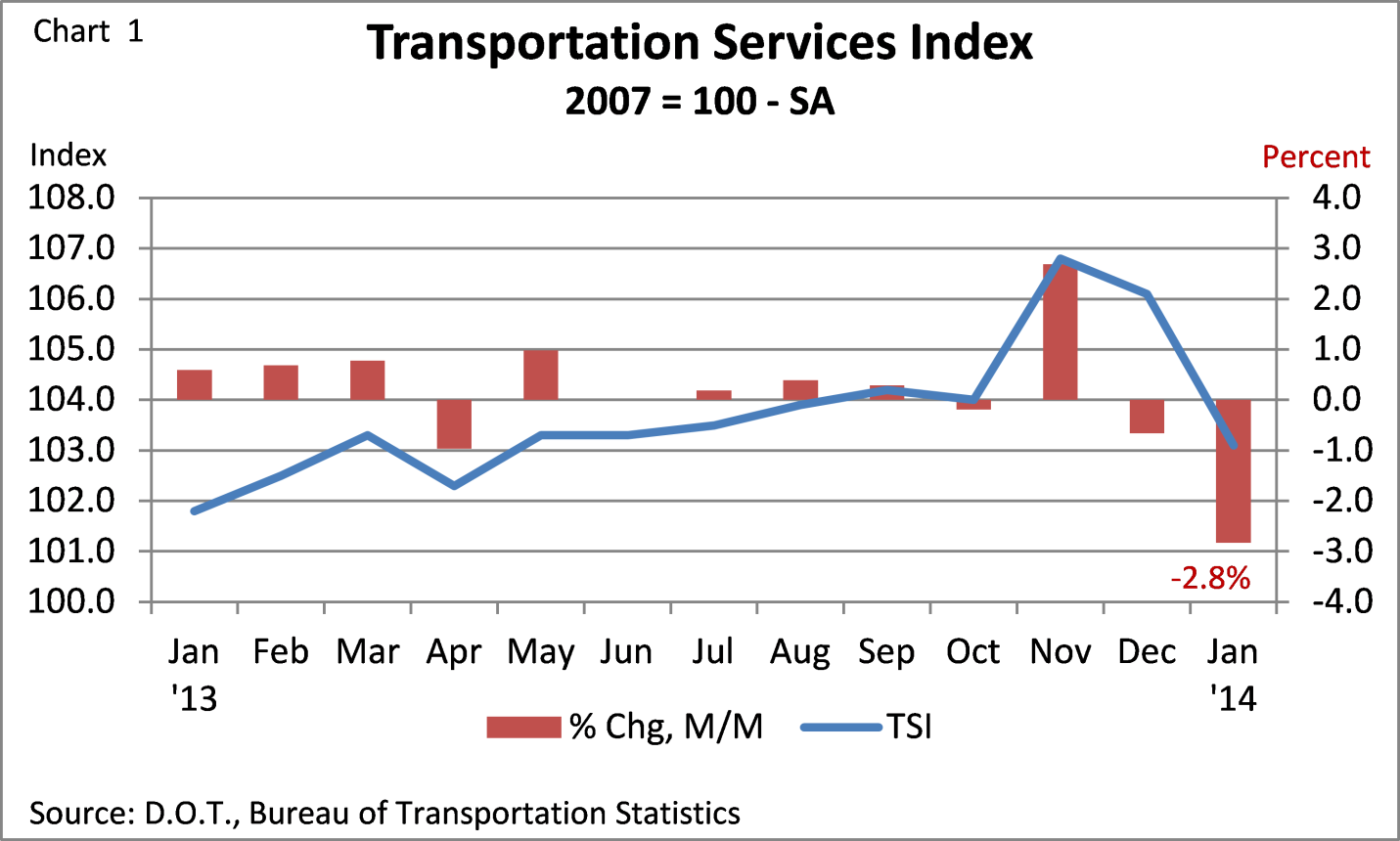Introduction
The US economy and transportation and logistics management are intertwined. A strong economy makes the management of transportation and logistics more effective. Quality transportation and logistics management results in a strong financial system. After years of recession, the US economy is gradually recovering. Indeed, the fluctuation in the economy has a notable impact on transportation and logistics management. However, few studies have been conducted to determine the effect of the economy on transportation and logistics management. The research paper will seek to seal this gap.
Problem Statement
Most studies have focused on other factors that affect transportation and logistics management, such as the security of the supply chain, working hours, and professionalism in the industry. Moreover, economists have largely focused on the influence that logistics and transportation management has on the economy. The inverse is barely considered. Failure to understand the economy is likely to cripple down any industry. The US has just begun recovering from the impact of the global recession that crippled various sectors of the economy. Inadequate research on the impact of the economy on transportation and logistics management has led to poor supply chain management, the inflexible cost of transportation, inflation, and eventually reduced consumer spending. Hence, there is a need to address this gap in research. Besides, there is a need for administrators to learn how to manage the supply during the economic recession and upturn to limit any negative impact on transportation and logistics management.
Research Questions
The research paper will seek to address the following questions:
- What is the impact of economic recession and upturn on transportation and logistics management?
- How can transport and logistics be managed during the economic downturn and upturn?
Literature Review
The Scope of Logistics Economic Impact
This section will comprehensively discuss the cyclical connection between transportation and logistics management and the economy. To make the issue more explicable, the section will first explain the range of logistics and transportation networks with the view of showing how they affect the economy. The section will include road and rail transport, maritime transport systems, as well as the impact of the aviation industry on the financial system. Through the discussion, the research will reveal how the transport and logistics help to improve output benefit, reduce operations cost, and/or limit the burden of accessing commodities for both suppliers and customers.
It will then proceed to explain how the economy affects the transportation system. In addition, the manner in which the economy affects the decisions that are made by companies with respect to managing the supply chain management will be outlined. To achieve this goal, various peer-review journals by authors who strived to explain their understanding of the topic will be analyzed. The evaluation will be based on the current economic, transportation, and fuel price charts.
The Great Recession and its Effect on Logistics and Transport Systems
In this section, the rise and the impact of the US economic recession will be reviewed in detail. Foremost, it will introduce the reader to the meaning of economic downturn and possible causes. It will then point out the consequences of the confluence issues such as bad loans, unprofessional work by the rating agencies, lenient regulatory laws, ill-advised issuance of incentive, as well as financial regulations that influence the interest rates (Dartez, 2013). It will also contrast the 2007 economic downturn with other previous crises.
The paper will then address the effects of the financial crisis and, in particular, mention some of the issues that were directly caused by the economic recession but ones, which existed only because the crisis transpired. It will examine how the situation affected the daily lifestyle of the Americans, as well as the psychological effect it left on most individuals. Furthermore, the section will also consider some of the policies the US enacted to avert the calamity. Ultimately, using records from analysts and government statistics, it will showcase how the deterioration of the economy affected the logistics and transport sector. It will divulge on areas such as the cost of production, consumer spending, infrastructure, fuel cost, and the flexibility of the flow of goods to various destinations. It will analyze both the positive and negative impacts of the recession. Through the discussion, the reader will determine the actual influence that a weak economy has on its supply chain.
Economic Upturn and Its Impact on the Transportation and Logistics Management
Statistical findings indicate that it is not only the US economy recovering but also the global economy. This economic upturn will indeed have some drastic impact on the transport and logistics sector. This section will focus on how the economic revival will affect various industries, especially the logistics systems. Foremost, the economic upturn will be defined, followed by the factors that accelerate it.
According to the analysis by Dartez (2013), the global economic upturn, which the US is also experiencing, is likely to benefit the emerging markets more than the developed regions such as the US since it (the upturn) will last more in the upcoming markets. Hence, the research will illustrate why the economic upturn favors the emerging more than the established ones such as the US and the United Kingdom. Furthermore, the section will also note the expected global trade scenario. Using facts from international observers such as the IMF, it will analyze how the economic upturn influences how the US trades with its international partners. The section will also assess the GDP output, as well as development in trade. Using the appraisal, the study will determine where the US businesses are concentrating their investments- domestic or international trade.
Reliance on oil as a means of energy in the transport and logistics sector is still high (Transport Intelligence, 2014). Analyzing the impact of an economic upturn on oil prices will be of great significance. The research will examine the market volatility with the view of showing how it influences the cost of transportation and energy security. Although predicting the changing prices of oil is an impenetrable challenge, acknowledging the existence of volatility will help stakeholders to prepare control measures to avert the impact of oil prices on the transport and logistics (Dartez, 2013).
Ultimately, in this section, the paper will consider how other economies of the world, such as China, Europe, and developing countries will affect the transport and logistics sector in the US. It will explain the impact of the expected dropping value of the developing countries’ currencies. Additionally, it will reveal how the US logistics systems and economy stand to gain from the weakening currencies of the emerging economies since the developing countries will pay more exports (Transport Intelligence, 2014).
The section will use charts to illustrate the changes in the economy for the reader to understand how financial forces influence transportation and logistics management. For instance, it will show the crude-oil-price-changes chart, thus making it easier for one to understand how the fluctuations affect the cost of transportation. Furthermore, it will present the US GDP prices, as well as the Freight Transportation Index over the past years, to explain the downturn and upturn over the years while at the same time showing how the changes affected the transport and logistics sector.



Source: Transport Intelligence (2014)
Managing Transportation and Logistics Management during Economic Downturn and Upturn
In this section, the discussion will focus on how managers of the transport and logistics sector can handle changes in the economy. It will illustrate how businesses can restructure their strengths to fit the existing economic scenario. It will mention the key issues to consider when adjusting tactical logistics management. Some of the factors that will be explained in this section include outsourcing, collecting relevant data, and networking (Dartez, 2013). Other than the factors to consider, it will explain how decisions should be made in such crucial situations and the departments that should be involved in such decision-making processes.
It will explain to companies how they can reflect on their central competencies while ignoring all distractions. Moreover, considering the cyclical link between the economy and transport and logistics, this section will explain the role that the US government should play to keep the economy steady. It will also demonstrate the need for the US administration to modernize the transport and logistics sector. It will reveal how the modernization of the transport sector will help the state to overcome the pressures that come with drastic changes in the economy.
Conclusion and Recommendations
Having analyzed the various interrelationships between logistics systems and the US economy, this section will provide a summary of the discussion of the initial sections. It will also contain personal opinions and recommendations with respect to how the economy affects the logistics and transport sector.
Reference List
Dartez, R. (2013). Transportation Logistics and Economic Decline – Politics, Infrastructure and the Recession. Germany: GRIN Verlag.
Transport Intelligence. (2014). How will logistics benefit from the economic upturn? Web.